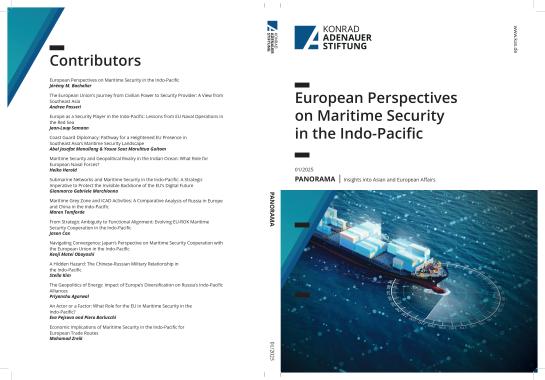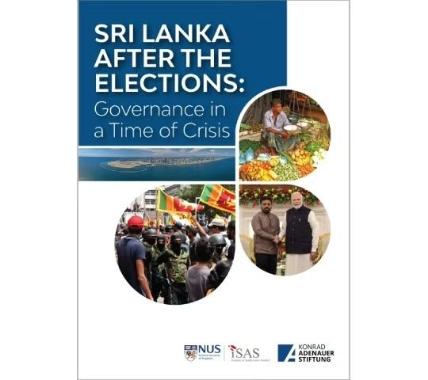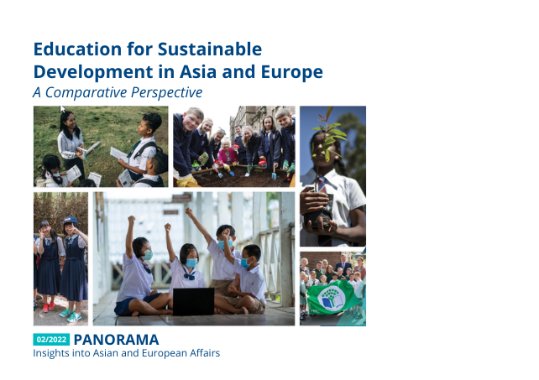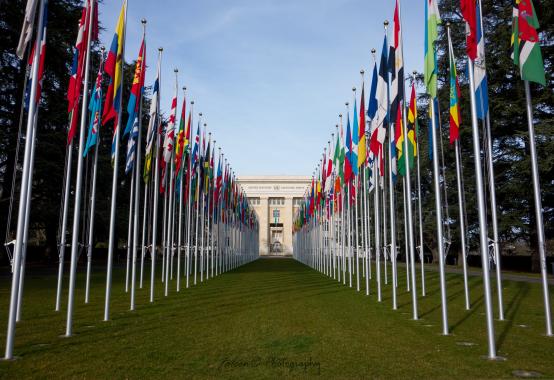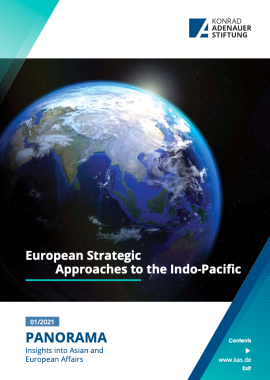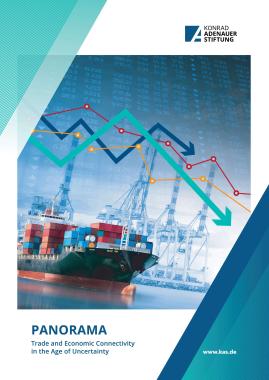Über diese Reihe
"Panorama – Einblicke in asiatische und europäische Angelegenheiten" ist eine Reihe von Gelegenheitsbeiträgen, die vom Regionalprogramm Politischer Dialog Asien/Singapur der Konrad-Adenauer-Stiftung herausgegeben wird. Die einzelnen Beiträge befassen sich mit unterschiedlichen Themen zu Europa und Asien.



